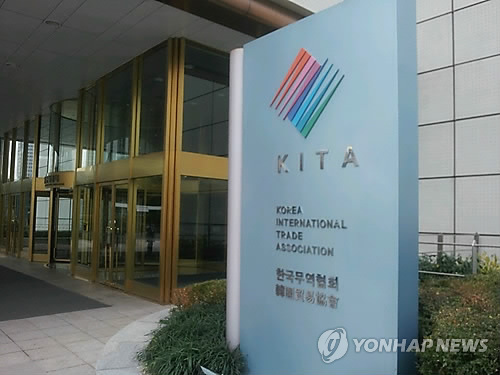
As China’s merger and acquisition deals in South Korea are hitting a record high, concerns are growing over possible technology leaks and China’s increasing M&A debt, which may hurt local industries.
According to a report released Monday by the Korea International Trade Association, the number of Korean firms purchased by Chinese companies stood at 33 in 2015, a threefold increase from the previous year. The volume rose 128 percent to $1.9 billion during the same period, the report said.
Over the past decade, Chinese firms, which used to show interest only in the Korean manufacturing sector, have expanded their appetite into service industries, the report added.
In 2015, more than 70 percent of the deals took place in the service industry, including games, software and entertainment businesses, compared to the period of 2006 to 2014 when more than half of the deals involved semiconductor or computer businesses.
Driving factors behind the growing Chinese appetite for Korean firms are that “both nations share similar cultural backgrounds” and “Korean firms, whose technologies are more advanced than those of Chinese companies, are often undervalued,” said Lee Eun-mi, the KITA researcher who wrote the report.
According to the report, some market experts have expressed concern about the increasing Chinese capital in South Korea because Chinese M&A debt, as Standard & Poor’s warned, can hurt local industries if the Chinese firms’ financial structure collapses.
Apart from the debt issue, some Chinese firms have come under fire in Korean media and the public, after reselling Korean firms, including SsangYong Motor and display-maker Hydis, after taking necessary technologies.
In order to prevent such adverse effects, the report suggests that Chinese firms should set up joint funds with Korean firms when buying local companies. This way, local firms can be protected from Chinese firms’ possible insolvency and have less risk of being resold to other firms.
The report also suggested the government should deregulate the local service industry so that small players can rely less on Chinese capital. It cited small game makers, which began to rely on Chinese capital since the effectuation of the “shutdown law” in 2011, which forbids children under 16 to play online games from 12 a.m. to 6 a.m.
By Shin Ji-hye (shinjh@heraldcorp.com)








![[KH Explains] Hyundai-backed Motional’s struggles deepen as Tesla eyes August robotaxi debut](http://res.heraldm.com/phpwas/restmb_idxmake.php?idx=644&simg=/content/image/2024/05/16/20240516050605_0.jpg&u=20240516155018)










![[Today’s K-pop] NewJeans hits 600m Spotify streams with ‘Ditto’](http://res.heraldm.com/phpwas/restmb_idxmake.php?idx=642&simg=/content/image/2024/05/17/20240517050510_0.jpg&u=)